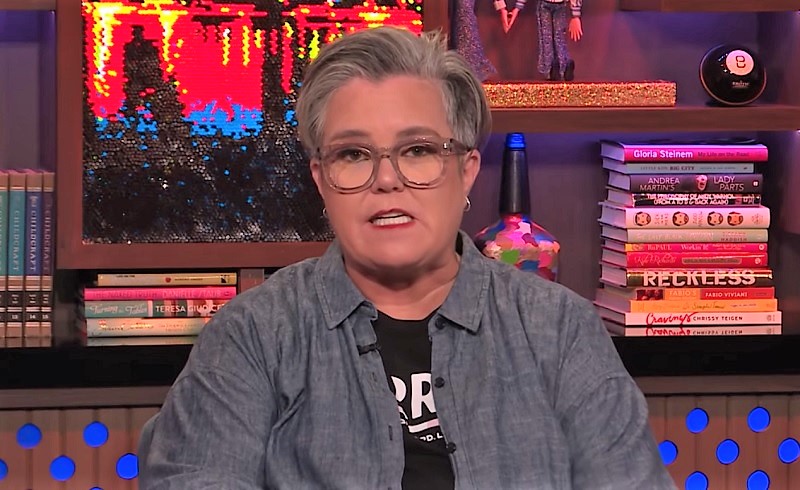During a Monday night interview, Rosie O’Donnell defended socialist Rep. Alexandria Ocasio-Cortez’s false claim that Trump’s administration is operating concentration camps on the border with Mexico and claimed with no evidence that there are “over 100,000” concentration camps “in nearly every state.”
Kyle Drennen from NewsBusters reported that Rosie O’Donnell made the comments while appearing on Bravo’s “Watch What Happens Live with Andy Cohen.”
“Rosie, you’re going to be doing a vigil called Lights for Liberty, July 12th, demanding an end to the detention camps,” Cohen said.
“Yeah, the concentration camps, even though there’s lots of controversy about the word,” Rosie O’Donnell responded. “But actually, legitimate scholars who study genocide say, yes, these are, in fact, the criteria for concentration camps, they meet them.”
“There are over 100,000 camps in nearly every state,” Rosie O’Donnell continued. “There’s between 10,000 and 13,000 children, that could fill Radio City Music Hall twice. That’s how many children unaccompanied alone in these camps.”
Rosie O’Donnell’s remarks come after Rep. Ocasio-Cortez falsely claimed in an Instagram video that the U.S. was operating “concentration camps” on the southern border.
“The United States is running concentration camps on our southern border and that is exactly what they are,” Rep. Ocasio-Cortez said. “They are concentration camps. And, um, if that doesn’t bother you, I don’t, I don’t know, I like, we can have, okay whatever.”
Rep. Ocasio-Cortez then invoked “Never Again,” which is a direct reference to the Holocaust.
“I want to talk to the people that are concerned enough with humanity to say that we should not that ‘Never Again’ means something and that the fact that concentration camps are now an institutionalized practice in the home of the free is extraordinarily disturbing and we need to do something about it,” the freshman representative continued. “This week, children, immigrant children were moved to the same internment camps where the Japanese were held in, in the early, in the earlier 20th century and this is, um, this is not even about a crisis for, this is not just about the immigrant communities being held in concentration camps being a crisis.”











